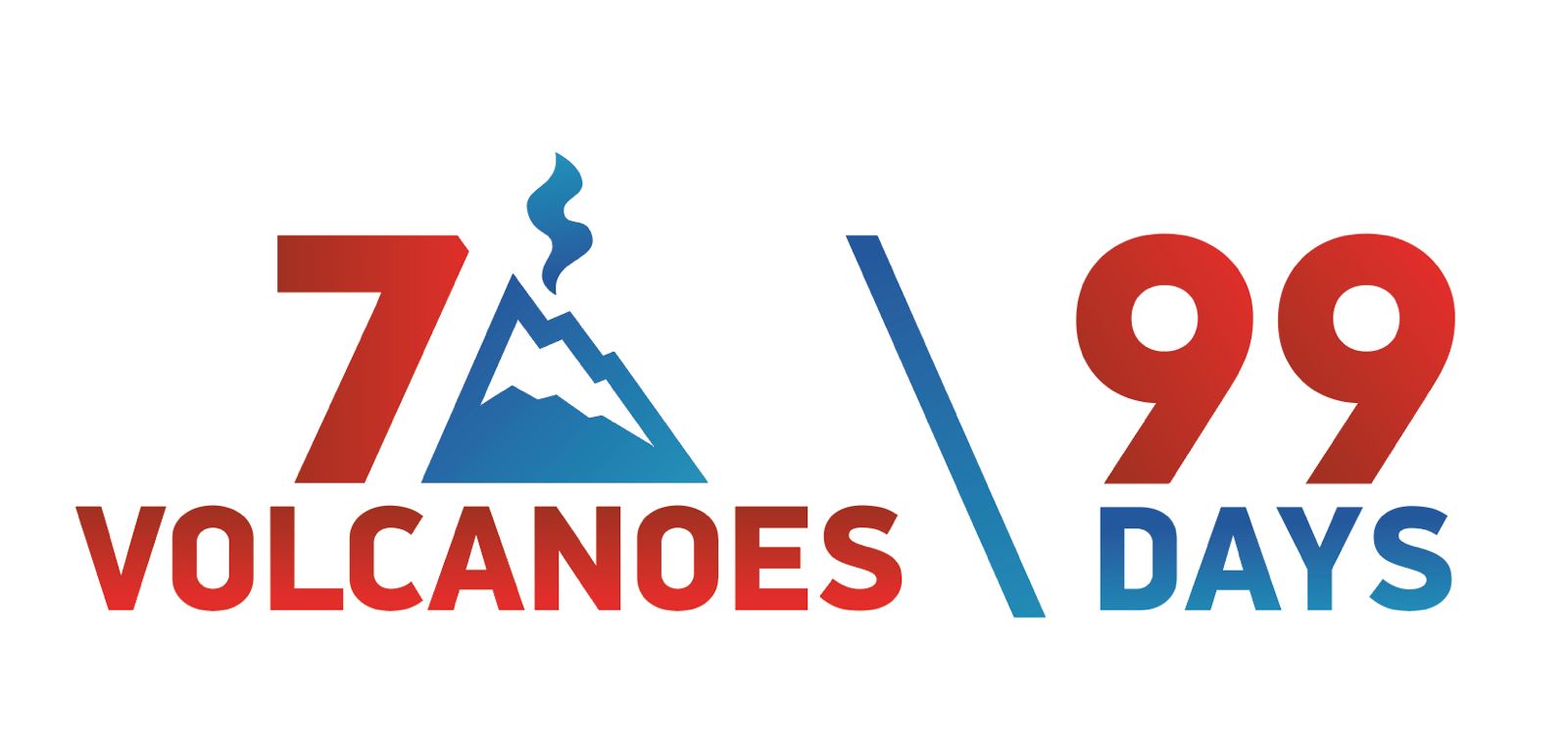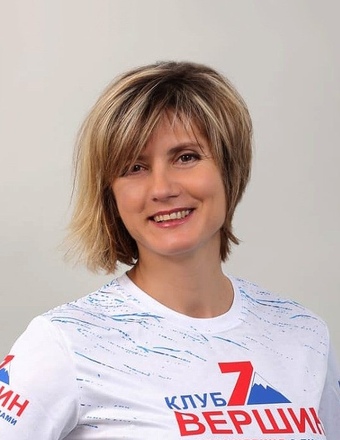Climbing to Cho Oyu (8201 m) Tibet. Great training for Everest!
PAYMENT POLICY
A deposit of $5,000 is due at time of registration to reserve a space on the expedition.
A full payment is due 60 days prior to the expedition start date.
CANCELATION POLICY
Refunds will not be issued for cancellations made less than 60 days prior to the scheduled date.
Price includes
-Experienced expedition leader (Everest Summiter) from «7 Summits Club»
-High-altitude porters (Sherpas): 1 for each member of the expedition -
* * Sherpas establish public camps and carry public loads at an altitude above 6,400 m, and also accompany the participant during the days of the summit assault from the upper assault camp to the summit.
-Chinese liaison officer
-Nepalese cook
-Kitchen worker assistant
-The Tibetan visa
-Permit (official permission) to ascent
-Meeting and seeing off at the airport
-Necessary transfers in Lhasa
-Bus and truck for cargo to the sun and back
-Minibus and truck for the participants of the team from Lhasa to Base Camp and back
-1 Yak (40 kg) for personal cargo for one member of the BC-ABC expedition and 1 Yak (40 kg) for one member of the ABC-BC expedition
-Hotel in Lhasa for 2 nights at the beginning and 1 night at the end of the expedition, in double rooms
-All hotels in Tibet with Breakfast
-Meals starting from the Base Camp
-Food in BC, ABC and food for climbing
-Tents for participants and staff in BC and ABC
-Kitchen in BC and ABC, tables and chairs
-Fuel for cooking in BC and ABC
-Kitchen equipment and utensils in BC and ABC
-1 generator
-First aid kit
-Gas cylinders
-Gas burners
-Tents for high-altitude camps
-Sleeping bags for high-altitude camps
-Ropes
-Ice screws (ice-axes)
-Radio stations-1 for 2 members of the expedition
-Oxygen mask gear: 2 sets per climber (for use only)
-Oxygen cylinders: 3 for each climber (only for use above camp 7000m) and 1 for each Sherpa
-Branded team jacket
-2 Team T-Shirts
Price does not include
-Flight to Lhasa
-Personal climbing equipment
-Tips for staff
-Medical insurance (mandatory for each participant)
-Conducting search and rescue and transportation operations
-Personal high-altitude porter
-Additional yaks for carrying personal belongings of the participant (if necessary, the price is $ 300 for each Yak)
-Additional oxygen cylinders (on request)
-Lunch and dinner in Lhasa and on the way to Base Camp
Tibet, Cho-Oyu (8201m), Mountaineering
Trip overview
Chengdu - Lhasa - Shigatse - Shegar or Old Tingri - Base Camp - Advanced Base Camp - Climbing Cho-Oyu - Base Camp - Shigatse - Lhasa - Chengdu
Why go there?
Cho-Oyu is the simplest eight-thousander in Tibet and one of the simplest eight-thousander in the world, so it is not surprising that this peak is one of the most popular and most visited among peaks with a height of more than 8000 meters.
We recommend climbing Cho-Oyu climbers who have never climbed the eight-thousanders, but really want to try to do it. This mountain is the best choice for such people, since climbing Cho-Oyu is technically not a problem. To increase your safety, we provide each of you with your personal oxygen cylinder and a full set of oxygen equipment, which you will use on the day of the assault to the top. In addition, on this day the group will be accompanied by Sherpas and guides with extensive experience in climbing and working on eight-thousanders.
We are flying to Lhasa. We arrange a day of rest in Lhasa and Shigar for acclimatization, and then we move to Cho-Oyu Base Camp (BC, 5100m). After 1-2 days of rest in BC, we begin with the help of yaks the lifting of equipment to the Advanced Base Camp (hereinafter ABC, 5700 m). After its opening, the next day, expedition members leave for ABC. A fairly comfortable camp is set up here, similar to our BC.
On Cho-Oyu climbers use one base camp - ABC (5700m). Usually they come to the BC, acclimatize, and then move the entire camp to ABC. Above the ABC participants and Sherpas, as a rule, are set 3 high-altitude camps.
Meals in BC and ABC - 3 times a day. Nepalese and Tibetan cooks cook on gas stoves in special kitchen tents. You can also get here any amount of hot water for washing or boiled water for drinking. We eat in spacious dining tents equipped with tables and chairs. In high-altitude camps, participants prepare meals for themselves along with Sherpas on gas burners. Water is drowned from snow.
Good advice
Climbing is a potentially dangerous pastime, high-altitude climbing is dangerous at all times. There can be no possible guarantee of your success and safety at the altitudes above BC and especially above 7000 and 8000m. So we strongly recommend you to hire a personal high altitude Sherpa guide-porter, especially if you do not have any experience in high-altitude climbing. This will increase immensely your safety and chances of summiting.
Tips guidelines (important information!)
You entrust your life, health, your time and money to the guides. And the guides take this responsibility for you and for the success of the whole trip. They are doing this 24 hours. You entrust your life, health, your time and money to the guides. And the guides take this responsibility for you and for the success of the whole trip. They are doing this 24 hours. 10-20 USD per day is expected as the normal amount of tips for the Guides and the staff of the program. If you liked everything about the trip, please don't forget to thank them. You can give the tips directly to the Main Guide and he will distribute it among the staff.
Necessary travel papers (documents)
Valid passport
Chinese visa
Climbing insurance
Special permission for climbing in Tibet
By air and by land
Transportation before the Base Camp:
Meeting and seeing off at the airport
Necessary transfers in Tibet
Bus and truck for the loads
A minibus for the mountaineering team, a truck for Luggage and staff, for moving to and from the Base Camp.
Transportation cargo above Base Camp:
Yaks carry loads from BC to ABC: 1 Yak per expedition member between BC-ABC and 1 Yak per expedition member between ABC-BC.
Yaks carry all the public and personal equipment of the expedition.
High-altitude porters (Sherpas) help participants carry all the expedition's public equipment above the ABC. They help set up high-altitude camps and bring all tents, sleeping bags, mats, food, gas cylinders, gas stoves, dishes, snow shovels and ropes.
Accommodation
Hotel in Lhasa for 2 nights at the beginning and 1 night at the end of the expedition in double rooms
All hotels in Tibet in double rooms
In BC and ABC - 1 tent for 1 person.
High-altitude camps - 1 tent for 2-3 people.
Meals
Breakfasts in Lhasa and Tibet (lunch and dinner not included)
Meals in BC and ABC - 3 times a day. Nepalese and Tibetan cooks cook on gas stoves in special kitchen tents. You can also get here any amount of hot water for washing or boiled water for drinking. We eat in spacious dining tents equipped with tables and chairs.
Food for climbing - we provide special dehydrated products. Cooks and Sherpas prepare meals for the participants in high-altitude camps (above ABC) on gas burners.
Staff
Guide and expedition leader from the "7 Summits Club" (Everest climber)
Chinese liaison officer
Chefs from Nepal
Kitchen boys from Tibet
High-altitude porters (Sherpas) - 1 for each member of the team.
Additional high-altitude Sherpa (second, if necessary) costs $ 11,500
All high-altitude porters have experience of climbing and working on 8-thousand meters. They help lift public equipment and oxygen to high-altitude camps, and accompany expedition members above the assault camp on the Summit day.
Health and medical insurance
We provide the necessary first aid kit for medical care. But we also recommend that you bring your own first-aid kit with specific medicines. Attention! A necessary condition for participation in the expedition is that the participant has special climbing medical insurance.
Weather
The weather in the Cho-Oyu area is usually stable. And in the Autumn you will have chances for good weather. Every day we get a forecast on the Internet and based on it we choose the best period for acclimatization exits and ascents.
Extra expenses
Single accommodation in Lhasa and Tibet
Lunches and Dinners in the cities
Extra nights at a hotel in Lhasa
Tips for Nepalese kitchen staff - usually $ 200
Internet, phone
Electricity:
In Base and Advanced Base Camp we organize 220 V with
generator and 12v using solar panels
There will be opportunity to work with electronic equipment in these two camps
Walkie Talkies:
On the route we use radio stations with a frequency of 144.00 Mg Walkie-talkies all Guides and Sherpas will have
Phone :
When drive through Lhasa you can buy SIM cards if you wish
local operator China Telecom and call not roaming. Also, the satellite phone "Thuraya" works well everywhere on the route"
Internet:
We organize Wi-Fi in the Advanced Base camp (5700m).
Bring your computers, communicators, tablets and work on them 24 hours a day (with a lunch break)
Personal gear
Equipment needed for BC and ABC:
- Duffle bag
- Sleeping bag -2 (one for BC, one for ABC, we supply bags for the other camps)
- Personal items for washing
- Your Notebook
Technical Equipment for the ascent:
- Crampons (e.g. Grivel G12)
- Backpack 45-50 liters
- Harness
- Self belay
- Carabiners with locks: 5 items
- Jumar (ascender)
- Ski/walking poles
- Thermosflask 1L
- Rappel device
- Ice Axe
- Head lamp with extra batteries
- Photo camera
Equipment for body and feet:
- Trekking shoes
- Boots rated for 8000m+ for example the "Everest" Millet type
- Down jacket + down trousers (or down suit/overall)
- Gore-tex jacket with wide hood
- Gore-tex trousers (better semi-overalls/bibs)
- Windblock jacket (we already supply one)
- Windblock trekking pants
- Fleece Jacket "Polartec - 100" - 2 items
- Warm underwear - 2-3 sets
- Personal underwear
- Polartec gloves – 2 pairs
- Thinsulate gloves
- Thinsulate mittens - 2 pairs
- Warm woolen socks - 4-5 pairs
- Balaclava
- Warm hat
- Windblock face mask
- UV glasses, UV-400
- Ski goggles, UV-400































































